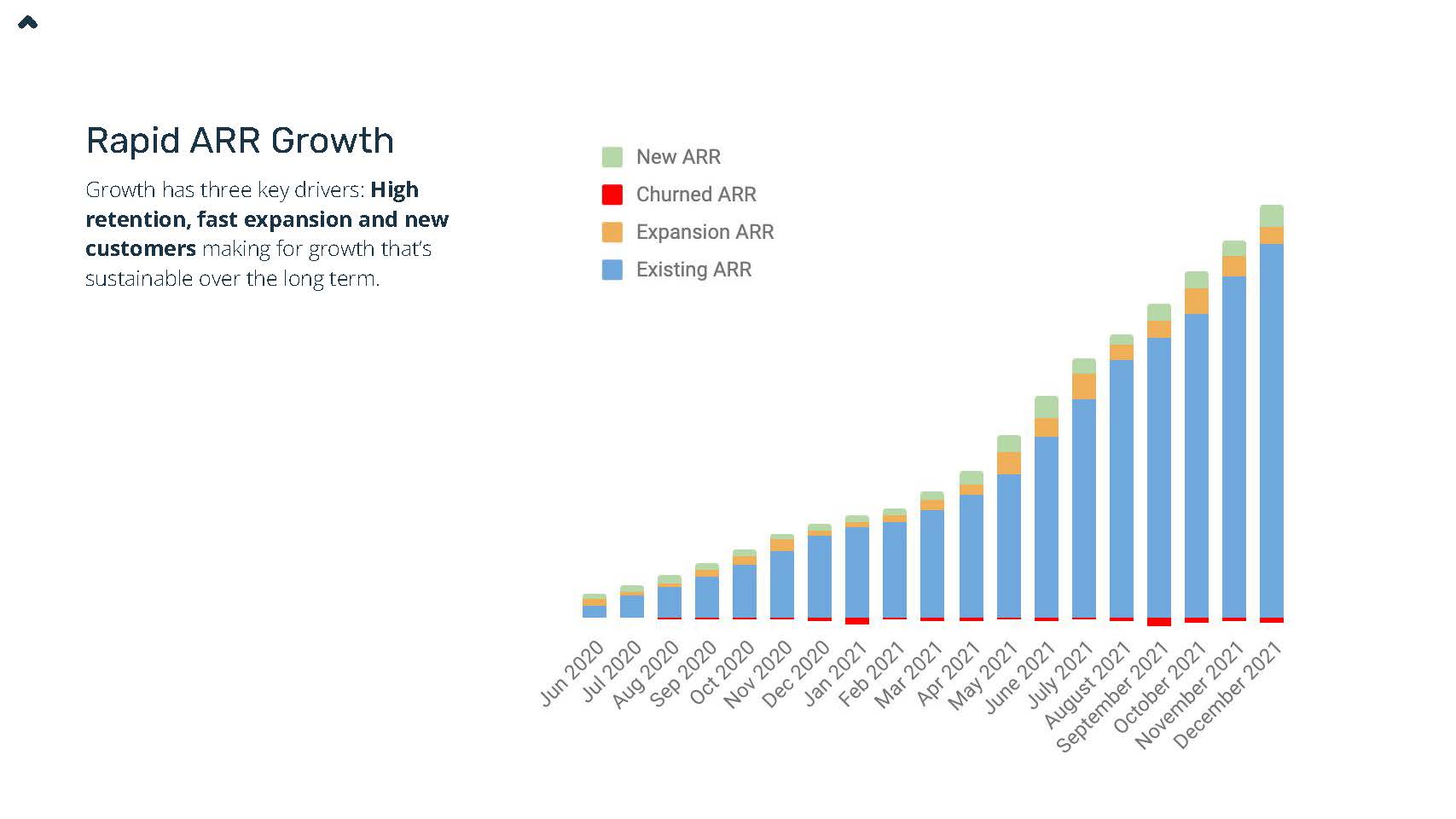
The post Italy Crypto Tax Rise: Can a 42% Bitcoin Tax Secure the Market? appeared first on Coinpedia Fintech News
Italy is considering raising its Bitcoin capital gains tax from 26% to 42% as part of a broader effort to increase revenue. On October 16, Deputy Economy Minister Maurizio Leo announced the proposal during a press conference. This tax increase aims to generate more income for the government and is part of the 2025 budget, which seeks to balance Italy’s finances by targeting cryptocurrency and digital service providers.
Web Tax Expansion
Alongside the Bitcoin tax, Italy plans to remove revenue thresholds for its digital services tax (DST), which previously applied only to companies like Meta and Google with global sales of €750 million and at least €5.5 million in Italy. By eliminating these limits, the tax will apply to more local digital businesses, broadening its scope and impact.
Italy’s 2025 Budget Goals!
The 2025 budget, worth €30 billion ($33 billion), is primarily backed by taxes on banks and insurance companies. Italy aims to collect €3.5 billion from financial institutions and €68 million from the newly expanded web tax and higher crypto taxes. Prime Minister Giorgia Meloni assured citizens that the revenue would be used to improve public services like healthcare and social welfare without imposing additional taxes on the general population.
Crypto Regulations in Europe
Italy’s move is part of a broader trend in Europe toward stricter cryptocurrency regulations. New policies aim to strengthen Know Your Customer (KYC) and anti-money laundering (AML) standards while ensuring transparency in digital markets. These changes will make it tougher for crypto businesses to operate but are expected to boost market stability and attract institutional investors over time.
Italy’s efforts to regulate and tax the rapidly growing cryptocurrency sector reflect a growing desire across Europe to align digital assets with traditional financial systems. While these measures may pose challenges for the industry, they also represent a step toward making the European crypto market safer and more reliable.
While a change in crypto rules is the necessity do you think a higher tax regime can save it from fraud?

 1 month ago
22
1 month ago
22
 The 2025 Budget Law, signed by the President of Italy, has been presented. It features a proposed increase in the
The 2025 Budget Law, signed by the President of Italy, has been presented. It features a proposed increase in the 














 English (US) ·
English (US) ·